The Steemit Crypto Academy Week 1 : Blockchain and Blockchain Consensus Mechanism
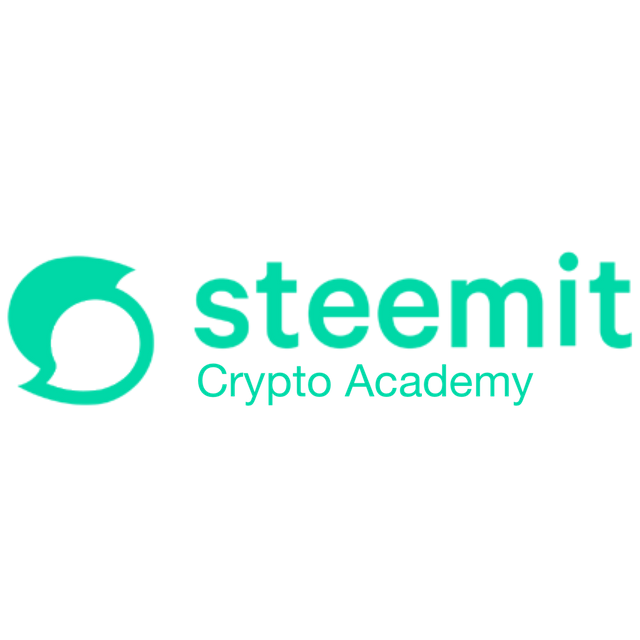

Outline
- Introduction
- The Blockchain
- Satoshi Nakamoto
- What is Cryptocurrency
- Blockchain Consensus Mechanism
- Proof of Work (PoW)
- Proof of Stake (PoS)
- Delegated Proof of Stake (DPoS)
- Proof of Burn (PoB)
- Delayed Proof of Work (dPoW)
- Leased Proof of Stake (LPoS)
- Proof of Authority (PoA)
- Conclusion
Task
Image Source

Introduction
You must have you heard of the word Blockchain, Bitcoin or Cryptocurrency? Maybe a friend of yours told you that a coin just pumped and the percentage of pump was so eyewatering that you want to jump into the industry and want to be a part of the world, then just seat back and read through this post till the end to understand the basics about Blockchain and cryptocurrency.

The Blockchain
Like the name implies, Block and Chain, it is a chain of organized blocks containing data/information. Blockchain is the underlying technology behind cryptocurrency and the name was coined in 1991 by a group of researchers which includes Stuart Haber and W. Scott Stornetta when they introduced a computational method of recording time-stamped records to prevent tampering and backdating. 1.
The blockchain technology already existed years before cryptocurrency came into existence but it became a major thing in 2009 when Satoshi Nakamoto created Bitcoin, a cryptocurrency on the technology. 2.
blockchain technology
The blockchain is an open source distributed ledger (available to everyone) which can't be changed. A block in a blockchain consist of a hash, data and the hash of the previous block with an exception of the genesis block which doesn't have a previous hash).
The Data is the information stored in the blockchain, this information includes, the sender's address, the detail/amount sent and the recipient.
The Hash can be regarded as a signature or a fingerprint for better understanding. Just the way every fingerprint is unique and no two persons can have the same fingerprint even when identical so is what makes a hash identical. it is the used to give a unique identity to the block which means a change in any data stored in a blockchain block will be stored in a different block with a different block hash.
Each block except the genesis block has a hash of the previous block which makes it unique. Each blocks has a hash of the previous block and the hash of the present block, with each block pointing to its previous block.
hash of the previous and current block

Satoshi Nakamoto
caption satoshi nakamoto the unknown founder of bitcoin
Satoshi Nakamoto is regarded as incognito, he/she is regarded as he founder of Bitcoin and released the Bitcoin whitepaper. The whitepaper of Bitcoin was published in 2008 3. Creating Bitcoin on the Blockchain technology was what the world wanted at the time of launching. The 2008 was the period when there was a financial crises and people lost trust in the centralized system of the bank.
There have been a lot of mystery about the person behind the Satoshi name, some people believes it is the name of a person, while some people say it is a name of a group of cypherpunks 4. A few individuals have been regarded as Satoshi Nakamoto although, all of them have openly denied it making the foundation of Satoshi Nakamoto more mysterious. These people are Hal Finney, and Nick Szabo, Dorian Nakamoto.
It is believed that there are about 1 Million BTC in the wallet of the famous satoshi nakamoto 5. At the current price of BTC, Satoshi would be worth $38.842B (as at the time of writing).

What is Cryptocurrency
Cryptocurrency is coined from the words crypto and currency, is a currency that run on cryptographic technology. Cryptocurrencies are digital assets that are built on a blockchain and are transferred from peer to peer. Cryptocurrency is decentralized (controlled by no central body) currencies which serves as a means of exchange and/or a store of value.
cryptocurrency
The first known cryptocurrency is the Bitcoin founded by Satoshi Nakamoto in 2008 but after that, there have been several other cryptocurrencies such as Ethereum, Tron, XRP, STEEM, Doge and so on.

Blockchain Consensus Algorithm
In other to build trust and agreement between nodes, as well as improve the security of blockchain data, a consensus algorithm is required. Since it is a distributed ledger with no single or centralized authority then, having a consensus algorithm ensures safety, agreement, on entries added to the blockchain. With a decentralized consensus, all nodes have a full copy of the blockchain and when a block is created, the block is copied to all the nodes to verify the block is not tempered with and this is what is regarded as consensus. When a block has been tempered with, other nodes reject the block thereby making it immutable to tempering.
Proof of Work (PoW)
This is the earliest consensus mechanism on the blockchain dating back to 1993 when the blockchain was first used but most people give reference to 2008 when Bitcoin was first mined by Satoshi Nakamoto because he was the person who brought it to mainstreem.
Proof of work consensus
With Proof of work, a node solves a computation problem and publishes a block which is then validated by other nodes. The nodes are referred to as miners solves the complex arithmetic problems on the blockchain in other to add a new block to the blockchain. The arithmetic problem requires a lot of computational power to solve and when a node completely solves a problem, the miner is rewarded with coins referred to as miner's fee.
Cryptocurrencies like Bitcoin, Ethereum and Litecoin uses the Proof of Work (POW) mechanism to create and validate new blocks. The accurate work and speed of a Proof of Work Blockchain system depend on the time needed to solve and validate a new block. For Bitcoin, it takes 10 Minutes 6.
Proof of stake (POS)
Mining new coins with the proof of work algorithm requires a lot of time and electricity as a result of the computing power needed to solve an arithmetic problem. In 2012, another consensus mechanism was introduced to reduce the problem of energy consumption in which Proof of Work miners go through as well as solving the problem of buying larger and larger mining machines to increase chances of mining a block. 7.
With Proof of stake, there are no miners rather there are validators and instead of mining, the validators mint/forge new blocks. Anyone can be a validator, all that is required is to stake the currency and the higher the stake, the higher the chances of minting the next block and forgers are rewarded with transaction fees. Coins such as Dash, NEO, TEZOS, REDDCOIN, PIVX and so on.8
comparison between proof of work and proof of stake
Delegated Proof of Stake (DPoS)
In 2014, three years after the Proof of Stake consensus algorithm was introduced, Daniel Larimer introduced the Delegated Proof of Stake. This consensus requires the voting by coin holders to determine delegates who are responsible for the validation of new blocks on the blockchain. 9.
DPOS witnesses and delegates
A fixed amount of delegates are voted and required to validate transactions and add block to the blockchain. The vote is depended on the number of coins held by the voter. The block is being validated on DPOS in seconds compared to POW and POS. Each delegators take turn to validate transactions and if they fail in their activities, they could be removed and another delegate voted for. DPOS is not energy consuming like POW and it is efficient and faster than POS. Blockchain Project which uses Delegated proof of Work includes but not limited to Bitshares, TRON, STEEM, EOS, ARK, LISK, and so on.10.
Proof of Burn (PoB)
Introduced by Iain Stewart, it is a consensus mechanism aimed at solving the POW energy consumption problem. With Proof of Burn, Miners Burn coins after which they are allowed to mine blocks proportional to the coin burnt. Its mechanism is similar to that of Proof of Work but it doesn't require high energy consumption, labor work, and computational power rather it requires investing a lot of tokens to be burnt, for some it is Bitcoin while for others, it is their native coin. A good cryptocurrency that utilizes the Proof of Burn Mechanism is Slimcoin (SLM)11
Delayed Proof of Work (dPoW)
Designed by Komodo Project, the consensus mechanism uses a hybrid consensus that take advantage of the security provided by proof of work consensus of Bitcoin. With Delayed proof of work (dPOW), a backup of the chain is saved on a Proof of Work blockchain every 10 minutes for security purpose. We could call it a parasitic coansensus mechanism as there are two blockchains involved in the consensus mechanism. The notary nodes add data from the first blockchain to the second blockchain (usually POW) at every 10 minutes making it difficult for the network to be compromised unless the two blockchains are compromised.12.
Leased Proof of Stake (LPoS)
It is an upgraded version of Proof of Stake which allows nodes with token the right to validate new blocks but the upgrade is; nodes with stakes can lease their stakes to other nodes to increase the number of stakes available while increasing the chances of validating a new block. When the node with the leased coin validates a block, it returns a percentage of its reward to the other validators. 13.
Networks like Waves and NXT uses the Leased Proof of Stake mechanism thereby giving everyone an opportunity to validate a new block.
LPOS
Proof of Authority (PoA)
This consensus mechanism was introduced by Ethereum Co-Founder and former CTO Gavin Wood. The Blockchain consensus gives a few designated block validators the power to validate transactions, interact with the network and to update its distributed registry. This nodes do not stake tokens but rather they stake their reputation. The nodes are voted in because they are believed to be trusted entities. This consensus mechanism do requires little to no computing power and so it requires little to no electricity.

Conclusion
Blockchain is a distributed ledger and so the consensus mechanisms are vital to the functioning. Instead of trusting a centralized system, it is easier to trust a network of distributed ledger with a consensus mechanism. Each of the consensus mechanisms have their advantages which makes them unique and we are likely to see more consensus mechanism in the future as there are new blockchain projects and blockchain networks.

Task
The Rules
- Everyone is eligible to participate in this task.
- The Post should be a minimum of 400 words
- Include the exclusive tag #steemitcrypto and a tag of your country like #nigeria.
- Post should be your original content. Show references for images used when writing your post.
- Task runs until Sunday, February 14th 2021

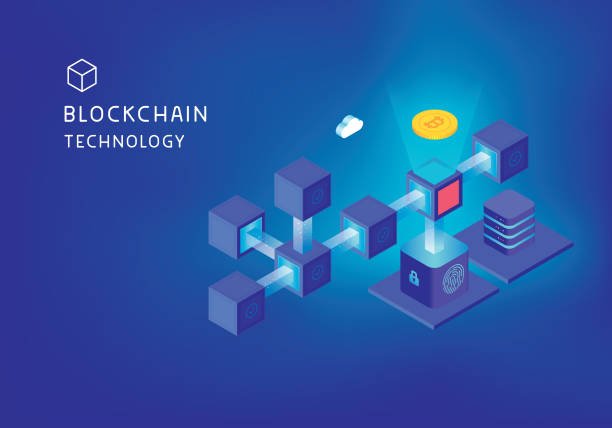
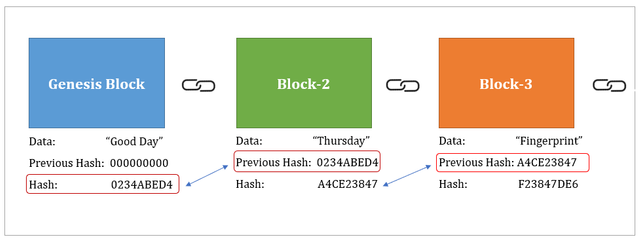
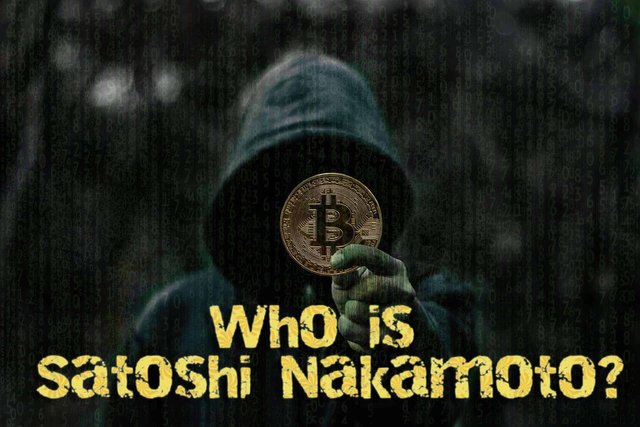
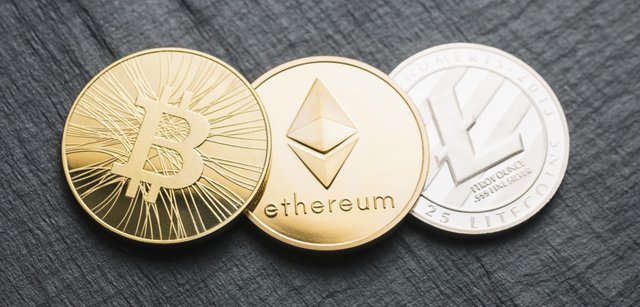


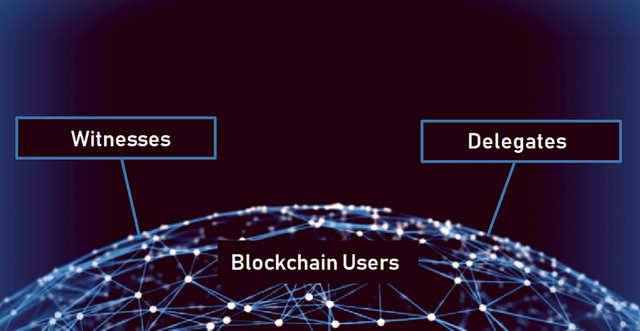
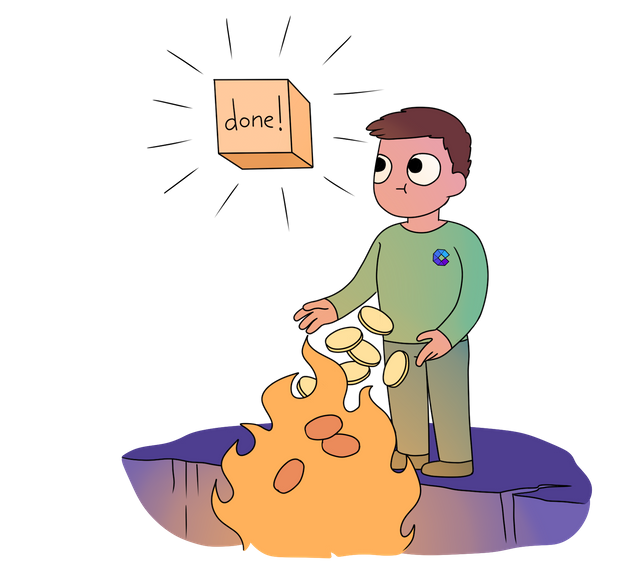
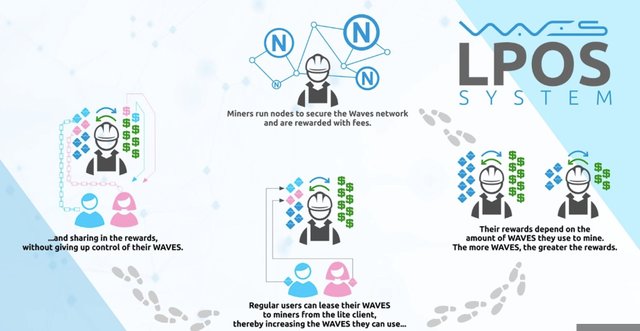
Почему исключительно на английском? Ведь на Стимит участники из разных стран. И, например, русскоязычным пользователям было бы удобнее обучаться на своем языке.
Please i am very sorry but I said so due to language barrier as well as it would require a translation bot to read through. I will change it so people can write in their own language.
Thanks for the time.
Благодарю за ответ. Буду рада участвовать в ваших домашних заданиях.
Hola por aqui dejo mi enlace de la tarea, algo difícil pero de gran aprendizaje:
https://steemit.com/steemitcrypto/@rosanita/la-semana-1-de-steemit-crypto-academy-tarea-why-satoshi-nakamoto-and-the-blockchain-has-changed-finance
This is really impressive. I never knew of mechanisms such as proof of burn. I am starting to love the crypto academy.
It is good to see you be a part of my class.. i hope to see you in my other classes 📖 ₿
Thank you for your lectures. This is my task post.
https://steemit.com/hive-108451/@yuceetoria/homework-why-satoshi-nakamoto-and-the-blockchain-has-changed-finance-by-yuceetoria-100-power-up
It is good to see you in my first class, i hope you enjoyed it... thanks for participating in the task
My home-task: https://steemit.com/hive-108451/@boss75/homework-task-1-or-or-blockchain-and-blockchain-consensus-mechanism-by-gbenga
@gbenga
This is my homework task.
https://steemit.com/hive-108451/@tayetaiwo/homework-task-given-by-gbenga-on-why-satoshi-nakamoto-and-the-blockchain-has-changed-finance-or-or-by-tayetaiwo-or-or-100-power
Hello teacher @gbenga I have done task number 1, greetings and good wishes to you.
Thanks a lot for the good wishes... i hope to see more of you.
Hello @gbenga
I will go through it this weekend and share my homework. Thanks for sharing this nice info.
My homework here
Thanks for participating. Hope to see you in my subsequent class... ₿
I will. Thanks too
Que interesante materia para estudios @gbenga
Thanks 😊..₿